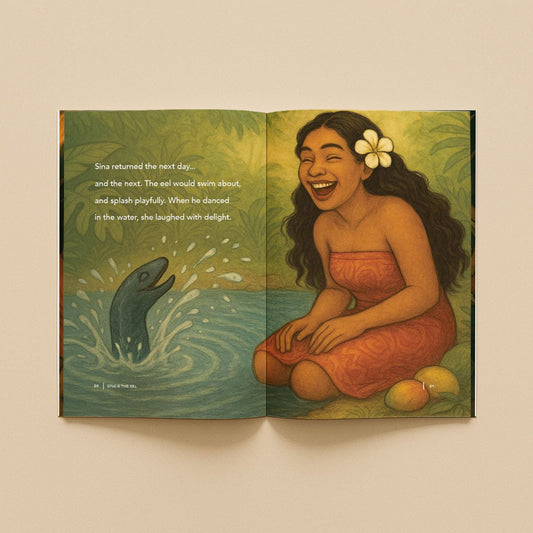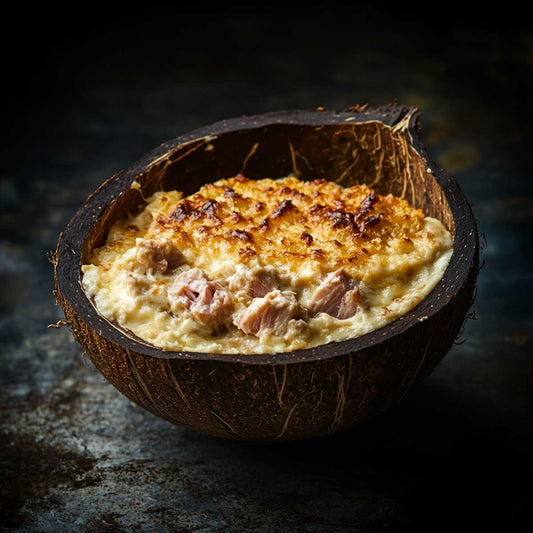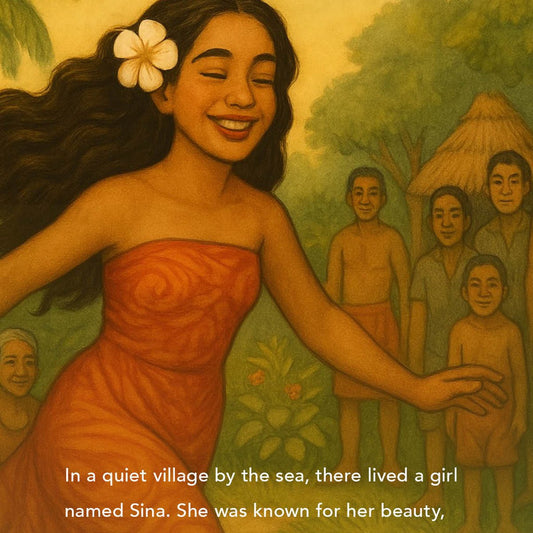More Than Just Thanks: Mastering the Samoan Art of Gratitude with Fa'afetai
In the heart of Polynesia lies Sāmoa, a nation steeped in the rich tradition of Fa'a Sāmoa, or "The Samoan Way." This cultural code governs everything from social hierarchy to community service, and at its core is a profound emphasis on respect (Fa'aaloalo) and appreciation. When engaging with this beautiful culture, one phrase stands out as an absolute essential: the word for thank you.
It is far more than a casual expression; it is a key that unlocks warmth, acceptance, and a deeper connection with the Samoan people. The simple act of saying thank you in the native tongue, Gagana Sāmoa, is a powerful gesture that acknowledges the generosity and hospitality that defines the islands.
This comprehensive guide will teach you not only how to say thank you in Samoan, but also the crucial nuances, variations, and cultural etiquette required to express gratitude authentically and respectfully.
The Essential Samoan Word for Thank You
The standard, all-purpose word for thank you in Samoan is:
Fa'afetai
This is the phrase you will use most often in everyday interactions, from receiving change at a market stall to being served food at a family meal.
Pronunciation Guide: Breaking Down Fa'afetai
Mastering Samoan pronunciation is about paying attention to the unique sounds of the language:
- Fa'a: Pronounced like "fah-ah." The ' is a critical linguistic marker known as the glottal stop. It requires a tiny, momentary pause—like the sound between the two parts of "uh-oh." Failing to use the glottal stop can change the meaning of many words in Samoan, so practicing this is key.
- fe: Pronounced like the "feh" in "fence."
- tai: Pronounced like "tie" or "tah-ee."
The full phrase is pronounced: fah-ah-feh-TAH-ee (with emphasis on the last syllable and a light pause after the "fah").
Levels of Gratitude: How to Say Thank You Very Much
While Fa'afetai is suitable for casual thanks, Samoan allows you to easily scale your gratitude for larger favors, deep generosity, or formal occasions. This is achieved by adding intensifying words to the basic phrase:
1. Fa'afetai lava
The addition of lava (pronounced "lah-vah") means "very" or "indeed." This turns your expression into a warmer, slightly stronger thank you.
- Meaning: Thank you very much / Thank you indeed.
2. Fa'afetai tele
Adding tele (pronounced "teh-leh"), which means "big" or "great," is another way to express strong thanks.
- Meaning: Thank you greatly.
3. Fa'afetai tele lava
This is the ultimate, most comprehensive way to say thank you. It combines the intensifiers tele and lava for maximum impact.
- Meaning: Thank you so much / Thank you very, very much.
- When to use it: This is appropriate when receiving a significant gift, after being hosted by a family, or when a high chief (Matai) has spoken. It shows the deepest level of respect and appreciation.
The Cultural Significance: Gratitude in the Fa'a Sāmoa
The simple word Fa'afetai is a microcosm of the Fa'a Sāmoa itself. In a communal society, all good things—from a shared meal to help with planting—are seen as a result of collective effort and shared duty. Your expression of gratitude is not just for the action itself, but for the adherence to the cultural system that demands service and generosity.
Alofa and Service
Samoan culture is built on Alofa (love, compassion, charity) and the duty to serve the aiga (extended family) and the nu'u (village). When someone gives you their time, energy, or resources, they are operating within this framework. Your Fa'afetai acknowledges this deeper cultural commitment.
Gratitude and the Umu
Consider the process of preparing an Umu, the traditional earth oven. It requires heavy, back-breaking labor: gathering wood, fetching volcanic stones, preparing and lifting large quantities of taro and breadfruit, and tending the fire. When a meal is served, your heartfelt Fa'afetai tele lava is a required, non-negotiable part of the experience. It honors the physical effort and the spirit of service that went into feeding you.
The Expected Response: 'Ua le afaina
Just as you must learn to give thanks, you should recognize the proper Samoan response to your gratitude. The common response is:
'Ua le afaina
- Pronunciation: oo-ah leh ah-fah-ee-nah
- Meaning: It is nothing / It doesn't matter / You are welcome.
This response reflects the humility expected in the Fa'a Sāmoa—the service was a pleasure and a duty, not something done for reward.
Essential Phrases Related to Gratitude and Politeness
To round out your ability to communicate politeness and appreciation, here are a few other Samoan phrases that often accompany or enhance your expression of thanks:
1. Hello and Thank You: The Perfect Start
Always begin with a warm greeting before your thanks:
Tālofa lava (Hello / Formal Greeting)
A typical exchange would be: Tālofa lava, Fa'afetai tele lava. (Hello, thank you very much.)
2. Please and Thank You
The word for please in Samoan is often used when making a request:
Fa'amolemole (Please / Excuse me)
If you ask for help, you would use Fa'amolemole, and when the help is given, you reply with Fa'afetai.
3. Thank You for Your Kindness
Sometimes you need to express gratitude for someone's well-being:
Manuia fa'afetai (Fine, thank you)
This is the standard response when someone asks O ā mai 'oe? (How are you?).
4. Forgiving and Apologizing
If your action caused an inconvenience, you might need to apologize, which often necessitates a follow-up expression of thanks for their patience:
Fa'amālie atu (Sorry / Excuse me / My apologies)
If someone accepts your apology, you can still follow up with Fa'afetai for their understanding.
The Takeaway: Politeness is Power
Learning how to say thank you in Samoan is one of the quickest and most rewarding ways to show Fa'aaloalo (respect) when traveling through or engaging with the Samoan community. It shows that you value their language, their effort, and the unique cultural system that has preserved the warmth and generosity of the islands for thousands of years.
Don't be afraid to practice. Samoan people are widely known for their hospitality and will appreciate your effort, even if your pronunciation is not perfect. Start with Fa'afetai, graduate to Fa'afetai tele lava, and watch the doors of the Fa'a Sāmoa open to you.
Embrace the spirit of gratitude and respect inherent in the Samoan language. By connecting with the tools, traditions, and culture of Sāmoa, you honor the legacy of the Pacific. Shop our collection today and bring the warmth of Fa'afetai into your home.















